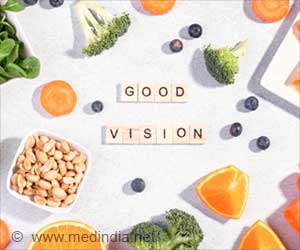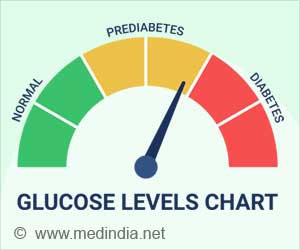High amount of lutein supplements may harm the eye by forming crystalline deposits in the macular portion of the retina.

- Luteins are carotenoids that neutralize light induced damage in the eye.
- Lutein supplements are prescribed for patients who are at a higher risk for age related macular degeneration.
- Intake of lutein supplements more than the recommended quantity may form crystal deposits in the eye.
TOP INSIGHT
Intake of excess lutein supplements form crystal deposits in the eye.
Age - related macular degeneration occurs due to the damage in the macula and is the common cause of vision loss.
Paul Bernstein, M.D., Ph.D., described a patient who had crystal deposits in the macular portion of the retina in both the eyes . He found that the patient was taking double the dose of lutein supplements than which was required for the past eight years. The patient has taken lutein supplements (20mg) along with kale, avocado, broccoli and avocado smoothie in the diet.
Bernstein said, "When we looked at the patient's carotenoid levels in serum, skin, and the retina, all measurements were at least two times greater than carotenoid levels in patients not taking nutritional supplements."
"The patient quit taking the lutein supplement, but maintained her diet rich in lutein, and, after seven months, the crystals in the right eye disappeared." he added.
Lutein and zeaxanthin are basically carotenoids and antioxidants which are prepared by the plants to neutralize light-induced damage in the eye. Carotenoids cannot be synthesized in the body and therefore should be included in the diet or taken in the form of supplements.
The author also concluded that the case report might serve as an indicator for the harmful effects of lutein supplements when taken in more than the recommended quantities. The study must be followed up by a larger clinical trial before the results can be considered conclusive.
Source-Medindia
 MEDINDIA
MEDINDIA




 Email
Email









